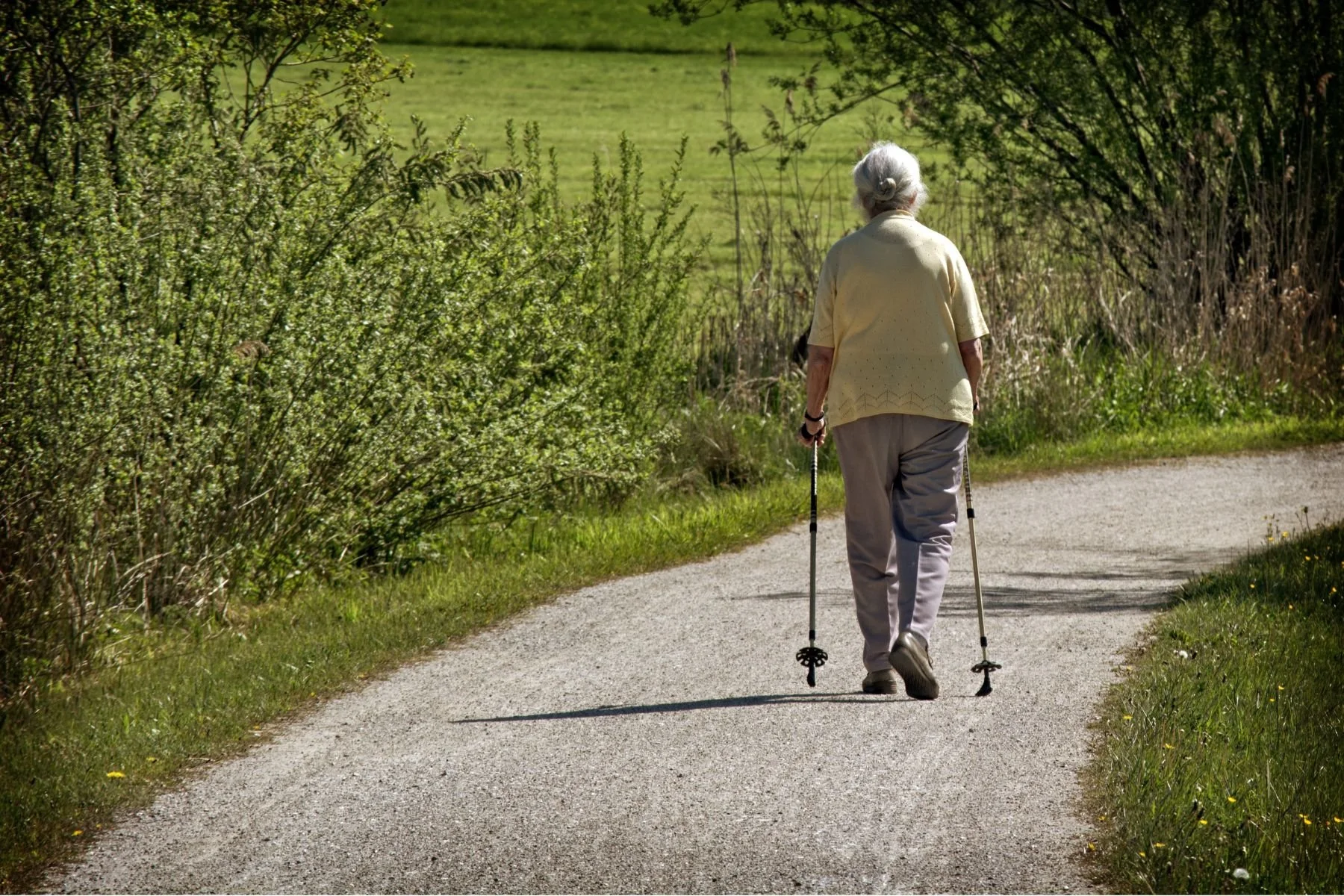The Prevalence and Impact of Traumatic Brain Injury: Adults 50-Plus
This report from AARP, "The Prevalence and Impact of Traumatic Brain Injury: Adults 50-Plus," highlights the growing public health concern of brain injury among adults age 65 and older. It explores how traumatic brain injuries—most often caused by falls—are frequently underrecognized and misdiagnosed in older populations, leading to missed opportunities for treatment and recovery. The report also examines how symptoms of TBI can mimic other age-related conditions, outlines differences in access to care, and offers recommendations for prevention, screening, and support.
Aging Guide: Considerations and Best Practices for Older Adults with Brain Injury
This resource of the ACL's Traumatic Brain Injury (TBI) Technical Assistance and Resource Center’s (TARC) Aging Guide: Considerations and Best Practices for Older Adults with Brain Injury was designed to provide states with tools for initiating or improving partnerships within both state aging networks and behavioral health systems. The resource was developed in partnership with several subject matter experts.
NCOA Falls Prevention Awareness Week Toolkit
Falls among older adults continue to be a national public health concern. Join NCOA September 18-22, 2023 for Falls Prevention Awareness Week, a nationwide observance with state coalitions and partners to raise awareness on preventing falls, reducing the risk of falls, and helping older adults live without fear of falling.
Virginia Fact Sheet on Aging and the Behavioral Problems of Brain Injury
“Within the global aging phenomenon there is a dramatic expansion of persons aging with disabilities, many of whom will live well past the age of 65.”
NIH TBI in Older Adults: Do We Need A Different Approach?
“Falls, largely from standing height, are the leading mechanism of TBI in older adults…whereas motor vehicle accidents are the leading mechanism of TBI in younger adults.”
Massachusetts Brain Injury in Elders Web Course
The Brain Injury Web Course curricula were designed to help Massachusetts build a trained TBI work force across the entire state. The accessible course is geared for all levels of community providers and aims:
To increase public awareness around incidence of brain injury in older adults
To facilitate routine screening for brain injury in all settings
To improve access to brain injury information and resources for all
CDC STEADI Program
“Falls are not an inevitable part of aging. There are specific things that you, as their healthcare provider, can do to reduce their chances of falling.”
ACL: What Do Older Adults and Individuals with Disabilities Need to Know
Older adults and people with certain underlying medical conditions are more susceptible to COVID-19 illness. Residents of nursing homes or other long-term care facilities may also be more susceptible.
Aging and Behavioral Problems of Brain Injury Case Study
Virginia Center on Aging and the Virginia Department of Aging, 2010
Within the global aging phenomenon there is a dramatic expansion of persons aging with disabilities, many of whom will live well past the age of 65.
NCOA National Center on Falls Prevention
Explore how NCOA is supporting falls prevention programs nationwide.










